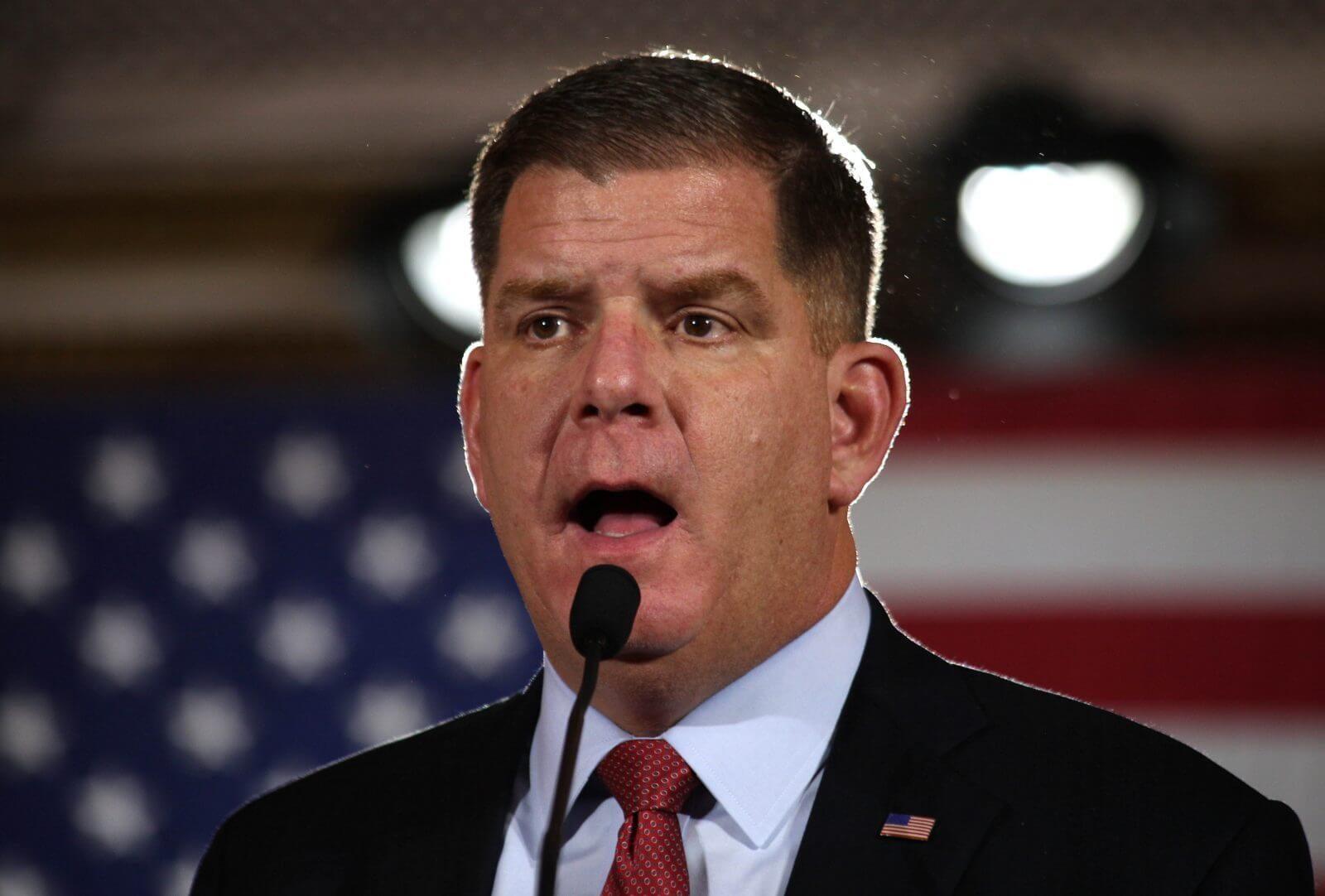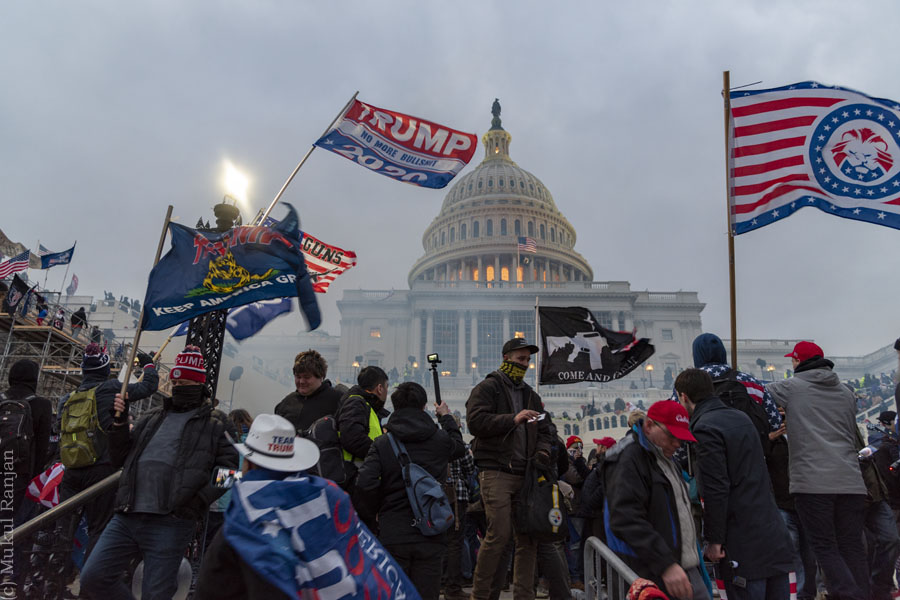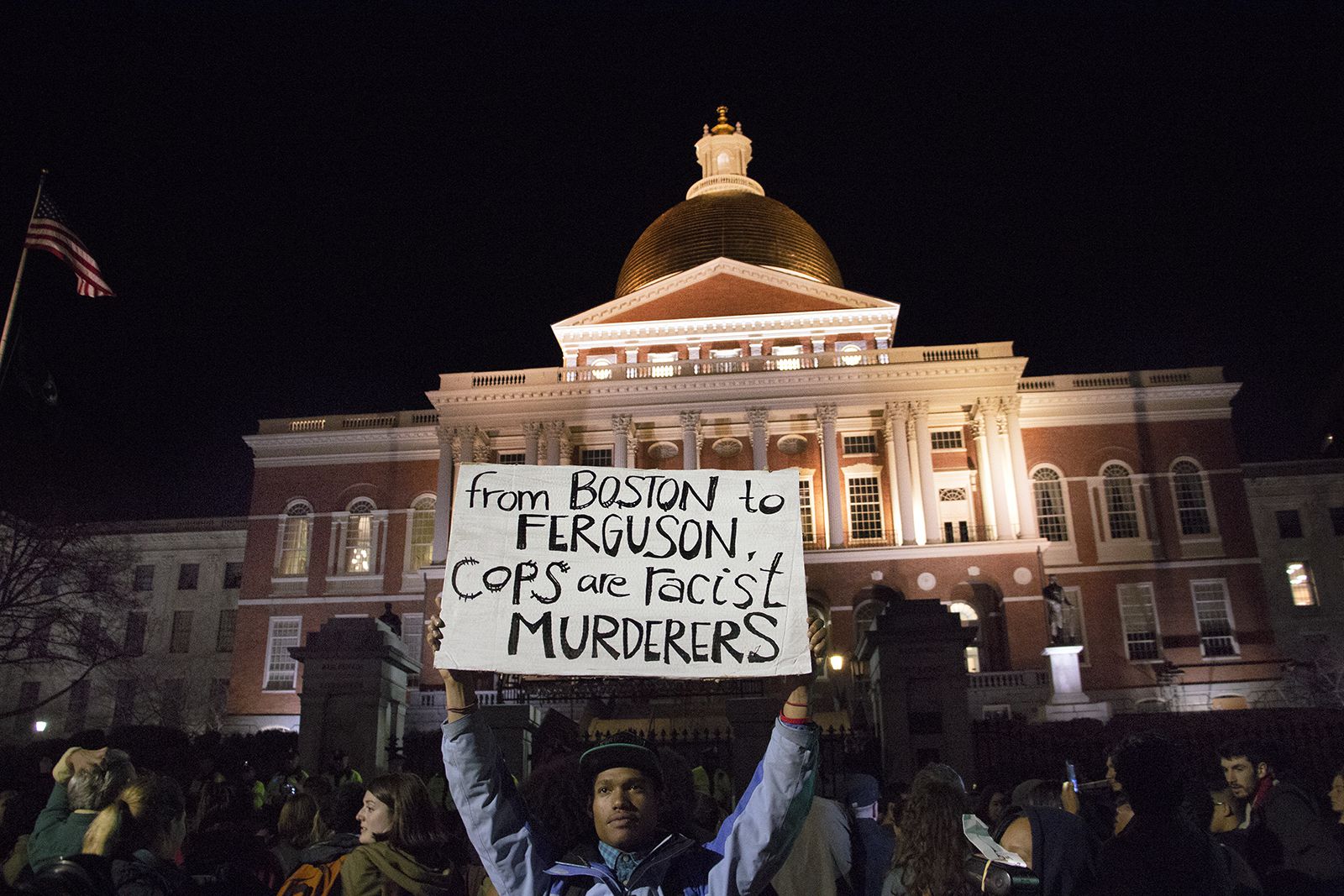The Republican minority in the Senate blocked a financial oversight bill on Monday that would have more strictly controlled financial organizations and reformed Wall Street.
Democrats needed 60 votes to prevent Republicans from blocking floor debate from beginning but failed with a vote of 57 to 41. Republicans unanimously opposed the bill.
In response to the failed vote, President Barack Obama released a statement on the White House website his frustration with the Senate’s lack of cooperation on what he considers to be a critical piece of legislation.
“I am deeply disappointed that Senate Republicans voted to block against allowing public debate on Wall Street reform to begin,” Obama said. “Some of these Senators may believe that this obstruction is a good political strategy, and others may see delay as an opportunity to take this debate behind closed doors, where financial industry lobbyists can water down reform or kill it altogether.”
The president also urged the Senate to remember why the bill is important, citing the recent economic crisis as a reason for bipartisanship.
“A lack of consumer protections and a lack of accountability on Wall Street nearly brought our economy to its knees and helped cause the pain that has left millions of Americans without jobs and without homes,” Obama said. “The reform that both parties have been working on for a year would prevent crisis like this from happening again and I urge the Senate to get back to work and put the interest of the country ahead of party.”
The lack of bipartisanship in the Senate has been cited as the main cause for the Republican blocking of the bill.
Senate Majority Leader Harry Reid, D-Nev., was frustrated over the party politics in a press release Monday night after the vote took place.
“Today we tried to take an important step . . . but Senate Republicans would not even agree to begin debate on this critical issue,” Reid said. “Because Republicans refuse to have open, honest debate, Nevadans and millions of other Americans are no closer to being protected and Wall Street is no closer to being held accountable.”
Reid said he thinks a major reason that Republicans wanted to block the bill was so that they can “protect the big banks and their bonuses and to keep this important debate hidden from public scrutiny.”
Massachusetts Sen. Scott Brown voted with the Senate Republicans against the bill.
In a press release, Brown explained his reason for voting against the financial reform bill, saying that he thought it was too early to be voting on the critical legislation.
“I was hopeful that both sides would have reached a bi-partisan agreement by today that protects the safety of our financial system, as well as the interests of taxpayers and consumers,” Brown said. “My vote is not a vote against financial reform; instead it’s a vote to insist that the parties continue bi-partisan negotiations to come up with a commonsense bill we can all be proud of.”
Brown said he did not believe the bill was ready to be passed in its current form and that it contained problems that would ultimately hurt United States citizens.
“As currently written, the legislation contains loopholes that could leave the taxpayers on the hook for future bailouts of Wall Street. This bill would also hurt jobs in Massachusetts, including small start-up businesses that did not contribute to the economic crisis and are the job creating engines that will get our economy moving again,” he said.
He also emphasized the need for bipartisanship in negotiating the bill, saying “This bill is too important to play political games with or rush through Congress along party lines.
There are serious problems with this legislation that must be fixed and I remain hopeful that a bi-partisan agreement can be reached soon.”
The vote comes soon after an April 20 Rasmussen Reports poll found that 54 percent of Americans say they lack confidence in the U.S. banking system.
The 42 percent confidence level is a significant decrease from the 68 percent confidence level that Americans had in the banking system before the financial industry began to collapse in 2008, the poll said.
College of General Studies sophomore Ramie Schneider said he is frustrated with the lack of progress in the government.
“Generally speaking I think that the Republicans slow things down and reject what the Democrats want because at the end of the day it generally means that they will have pay more. A good example of this is health care reform,” Schneider said.
College of Arts and Sciences sophomore Nick Geron said he is unsure about the Republicans’ intentions in blocking the bill’s passage.
“If the Republicans are really trying to strengthen it then I’d be happy about it. However I’m suspicious that that is actually what they are doing.But in the short term it’s a political victory for Obama and he needs one right now so that’s good.
But if they are just trying to “protect Wall Street,’ as the Democrats are trying to make them out as doing, then I’d be pretty angry. Wall Street sucks. So unless they are lying or seriously misguided, which is always possible considering their past, I’m OK with what they are doing.”




















































































































